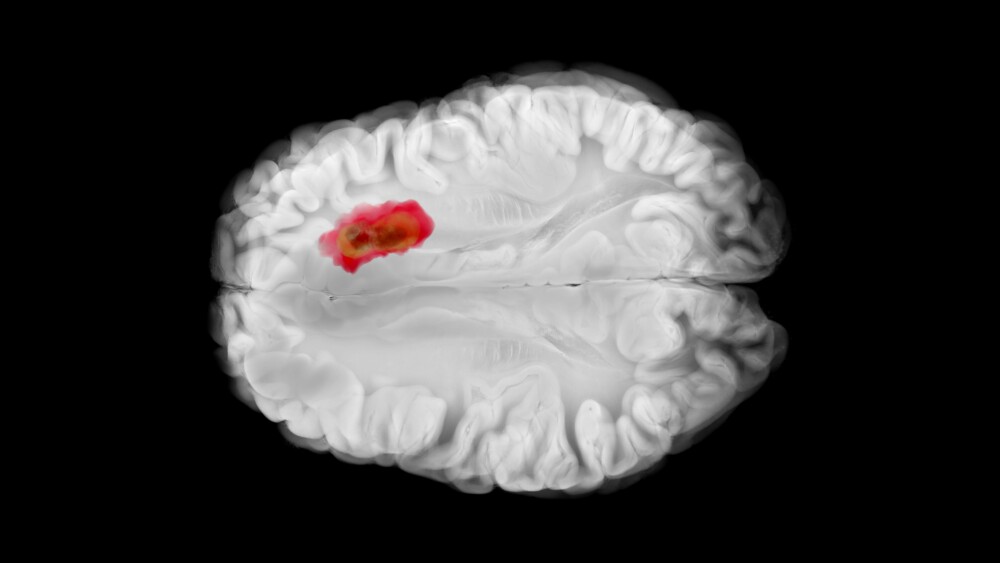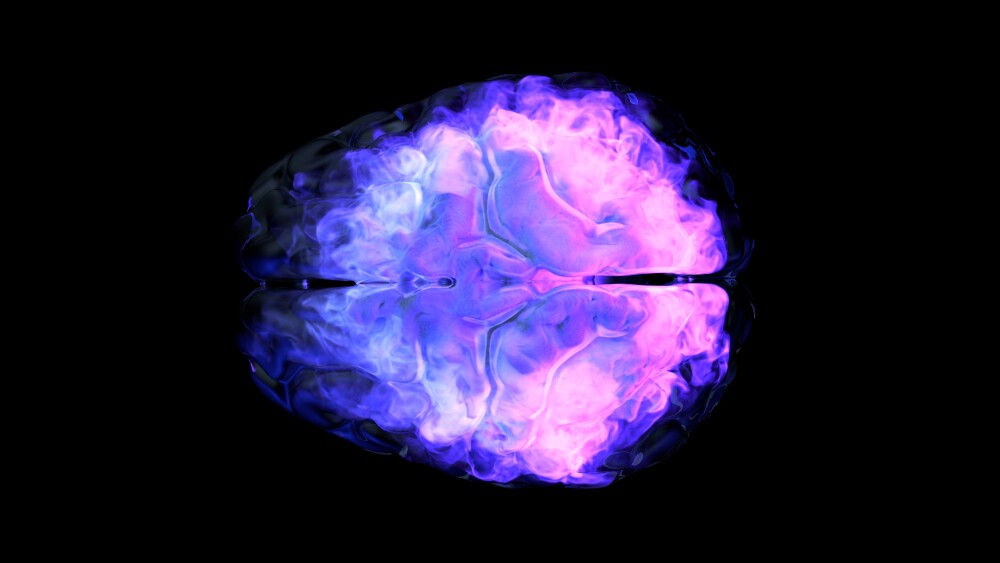INRS Professor receives $1.2M to advance glioblastoma research
LAVAL, QC, June 20, 2025 /CNW/ - Professor Maya Saleh, a world-renowned expert in immuno-oncology at the Institut national de la recherche scientifique (INRS), and her team have received a major $1.2 million grant from the Canadian Institutes of Health Research (CIHR). Their goal: to better understand glioblastoma, an especially aggressive and deadly form of brain cancer.
"The average survival rate for patients diagnosed with glioblastoma is only 12 to 14 months. Treatments have barely evolved in the past 40 years. It is therefore crucial to explore new therapeutic avenues and challenge the grim prognosis of this disease," says Maya Saleh, Professor at INRS.
Spanning five years, this research aims to identify biomarkers that will help tailor treatments, enhance immune responses, and increase the number of patients who can benefit from long-lasting immunotherapy.
Mapping the brain's immune landscape
The current standard treatment for glioblastoma includes surgery followed by radiation and chemotherapy. However, the cancer recurs in over 90% of cases. Existing immunotherapies are often ineffective because they primarily target T cells—specialized immune cells that have limited access to the brain. Instead, the brain is heavily infiltrated by another type of immune cell called monocytes, which can promote tumor growth.
At the INRS Armand-Frappier Santé Biotechnologie Research Centre, Professor Saleh's team is working to map the immune landscape of the brain in glioblastoma patients. Their research focuses on targeting myeloid cells (monocytes and their derivatives), which contribute to tumor progression and therapy resistance.
"One of our key research goals is to study how surgery affects the brain's immune environment. We hypothesize that surgery may paradoxically promote tumor recurrence by amplifying the harmful activity of tumor-associated monocytes," explains Professor Saleh.
Surgical intervention triggers tissue inflammation, which can feed tumor-initiating cells that often cause recurrence at the site of the original tumor resection.
Valuable clinical collaborations
To validate their findings, Professor Saleh's team collaborates with Drs. Sami Obaid and Romain Cayrol from the Department of Neurosurgery and Neuropathology at the CHUM (Centre hospitalier de l'Université de Montréal). They analyze rare biopsies collected from patients who undergo a second surgery within 48 hours of the initial procedure.
"Understanding the impact of surgery on glioblastoma progression is essential to adapting our therapeutic, medical, and surgical approaches to improve outcomes for patients facing this devastating disease," says Dr. Sami Obaid, Neurosurgeon at the CHUM.
The collected tissues are analyzed using cutting-edge technologies, including spatial biology—a powerful tool that reveals complex cellular and molecular interactions in their native context. INRS is the only institution in Canada equipped with this technology, which has been funded by the Canada Foundation for Innovation (CFI).
Mass spectrometry imaging is also used to study tissue metabolites, in collaboration with Dr. Pierre Chaurand at the Université de Montréal, a co-researcher on this project. This approach allows researchers to examine how glucose, lipids, and other compounds influence the tumor microenvironment.
Artificial intelligence empowering data analysis
The team also benefits from the expertise of Professor Amadou Barry, a biostatistician at INRS and member of the joint INRS-UQAC research unit in sustainable health. Professor Barry, who is also collaborating as a co-researcher on this project, develops artificial intelligence algorithms to analyze the complex data generated by spatial biology.
"This unique collaboration enables us to identify cellular and molecular signatures associated with tumor subtypes and immune responses, helping to advance precision medicine in brain cancer treatment," concludes INRS Professor Amadou Barry.
About INRS
INRS is an academic institution dedicated exclusively to graduate research and training in strategic sectors in Quebec. Since 1969, as per its mission, it has actively contributed to Quebec's economic, social, and cultural development. INRS ranks first in Quebec in research intensity. It is made up of five interdisciplinary research and training centres located in Quebec City, Montreal, Laval, and Varennes, and Charlevoix, which focus their efforts on strategic sectors: water, earth, and environment (Eau Terre Environnement Research Centre); energy, materials, and telecommunications (Énergie Matériaux Télécommunications Research Centre); urbanization, culture, and society (Urbanisation Culture Société Research Centre); and health and biotechnology (Armand-Frappier Santé Biotechnologie Research Centre), and Sustainable Ruralities (a center currently under development). Its community includes nearly 1,500 members, including students, postdoctoral fellows, faculty members, and staff.
SOURCE Institut national de la recherche scientifique (INRS)






